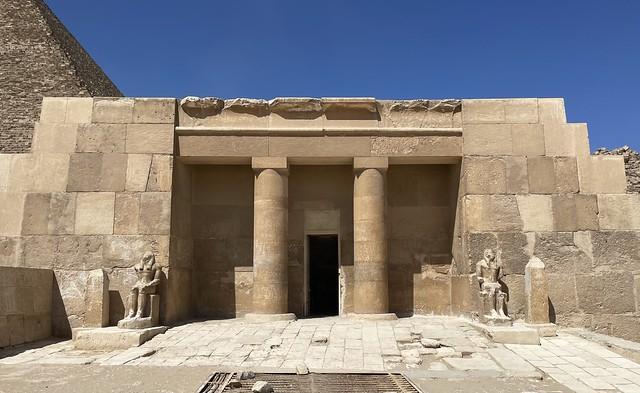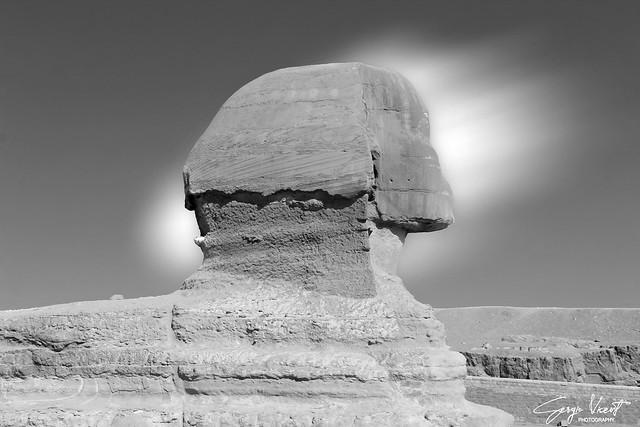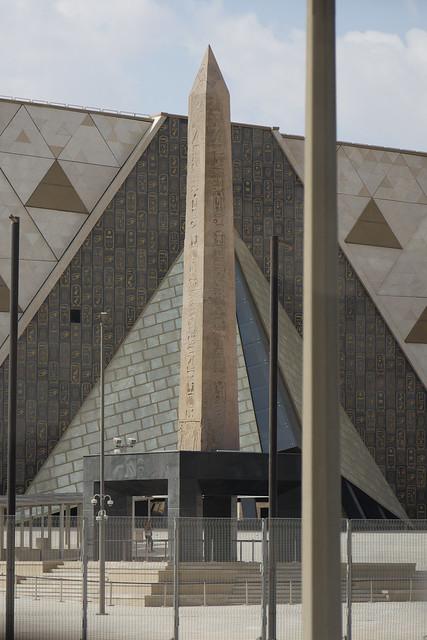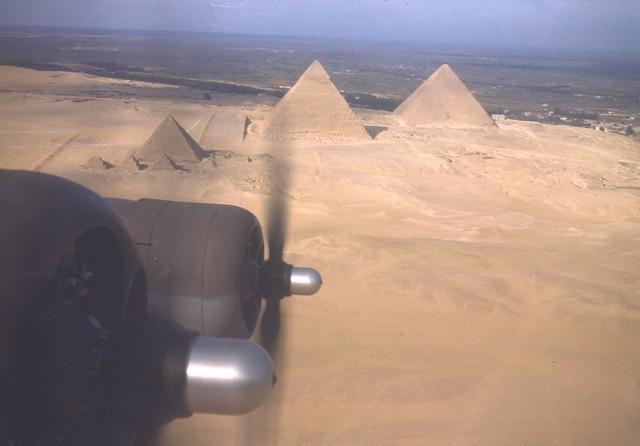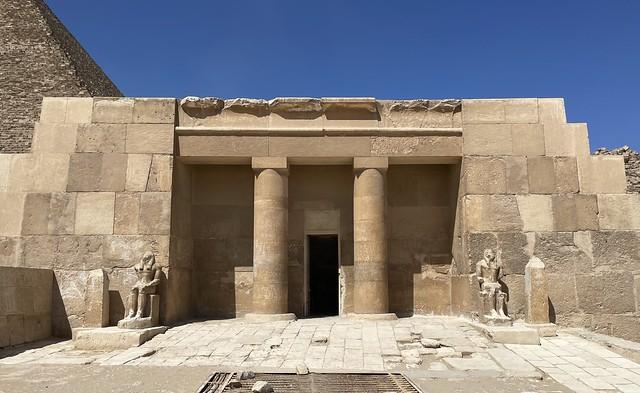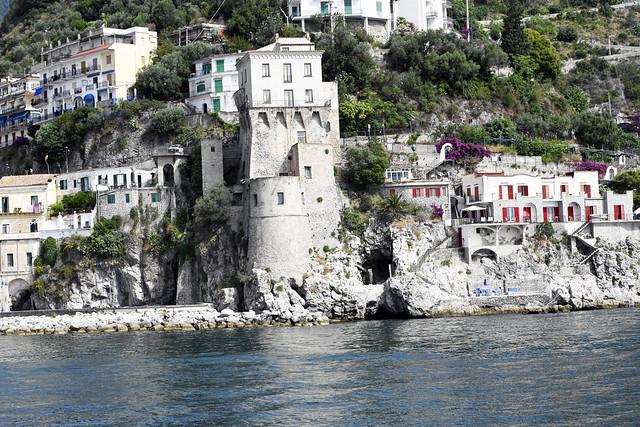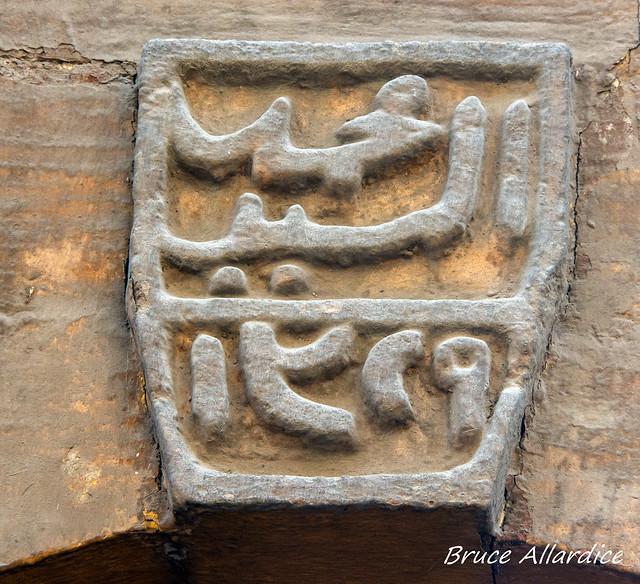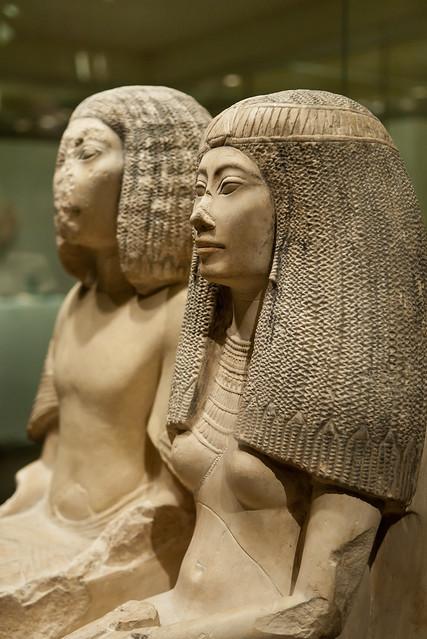Giza
Overview
Overview of Giza, Egypt
Giza, located on the west bank of the Nile, near Cairo, is one of Egypt's most famous and captivating governorates. It is renowned primarily for its proximity to the Great Pyramid of Giza and the Sphinx, part of the iconic Giza Pyramid Complex, which is one of the Seven Wonders of the Ancient World. Giza's rich culture is steeped in history and mythology, reflecting ancient Egyptian civilization. Besides its ancient monuments, Giza offers a blend of modern city life with bustling markets and restaurants where visitors can sample traditional Egyptian cuisine and explore contemporary Egyptian culture. The blend of ancient wonders with vibrant city life makes Giza a unique destination for travelers.
Tourist Season and Activities
The high season for tourism in Giza is from October to April, when the weather is cooler and more comfortable for exploring outdoors. During this period, temperatures are generally mild, ranging from 15 to 25 degrees Celsius (59 to 77 degrees Fahrenheit), making it ideal for visiting the pyramids and other archaeological sites without the extreme heat that characterizes the summer months. Popular activities include guided tours of the pyramids, camel rides around the Giza Plateau, and light and sound shows at the pyramids which offer a spectacular evening experience. Visitors can also explore the Great Sphinx, venture into nearby Sahara Desert for a desert safari, or visit the Solar Boat Museum.
Preparation for Travel
Before visiting Giza, travelers should ensure they are well-prepared to make the most of their trip. It is advisable to arrange travel insurance and check for any travel advisories. Since Egypt requires a visa for most travelers, it’s important to apply for one ahead of your trip; this can often be done online via Egypt’s e-visa portal. Packing should include light, breathable clothing for the day and something warmer for cooler evenings. It's also crucial to bring sun protection, including sunscreen, a hat, and sunglasses. Learning a few basic phrases in Arabic can be helpful for communication, although many in tourist areas speak English. Lastly, carrying some Egyptian pounds for small purchases, as not all places accept cards, will make transactions smoother.
How It Becomes to This
History not available

You May Like
Explore other interesting states in Egypt
Discover More Area
Delve into more destinations within this state and uncover hidden gems.


